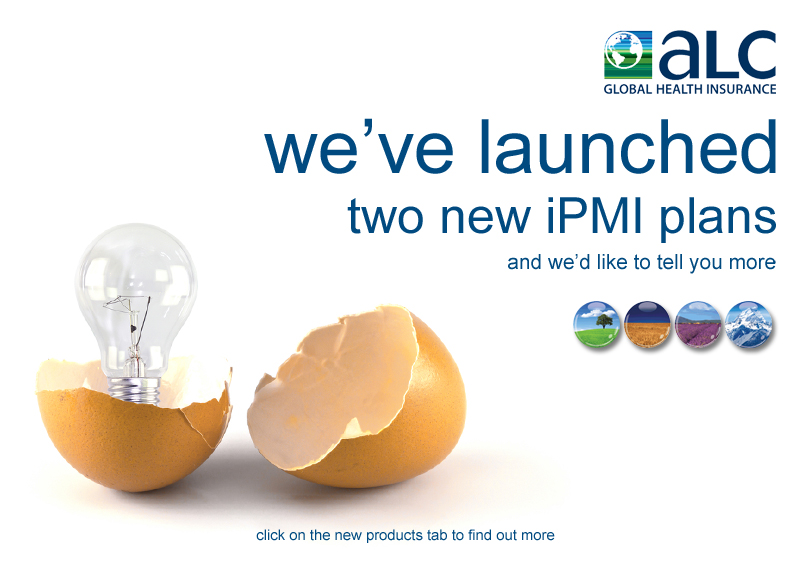The international private medical insurance (iPMI) market has seen unsustainable premium rises in recent years. But while keeping a lid on international inflation is even more challenging than in the domestic PMI sector, across the industry insurers are working hard to control costs to ensure that cover remains affordable for policyholders the world over reports the Health Insurance & Protection Daily.
As an industry, we need to make sure that we are always paying the most competitive price for medical treatment from providers, without compromising the quality of care for policyholders. Prices for medical treatment can vary widely, even within a single jurisdiction, dependant on the approach and business model of the provider.
It’s also worth noting that the most expensive is not necessarily the best – particularly in emerging economies. Some expensive Western-style hospitals have a stranglehold on advertising and marketing budgets – but their prices are high and their clinical outcomes are not always the best. The key to managing cost is to build a real understanding of which hospitals and clinics deliver the most cost effective, high quality outcomes and to point members in their direction.
Negotiating agreed rates with healthcare providers is another essential tool in managing cost. Clearly in a global business with hundreds and thousands of medical providers, it is not possible to reach pricing agreements with every one. In each region, however, there are one or two major hospitals and hospitals which are frequently used by expatriates, where set prices can be agreed.
Education of individual and corporate clients also has an important role to play in cost containment. Policyholders need to know exactly what benefits their cover entitles them to and which treatment centres they can access.
Every employer will have their own approach to managing the medical claims process. The key is not to stop staff making a claim when it is necessary, but to ensure that only necessary treatments and benefits are utilised at reasonable costs.
Of course it can be a tricky balance for employers; they do not want to appear mean – or to give the impression that they are putting money before their employees’ healthcare. However, developing a culture of cost awareness among staff and keeping an open mind to the potential for overtreatment can have a significant impact on moderating premiums.
Sadly a proportion of the cost of rising premiums is caused by fraudulent claims. And the international dimension of iPMI makes combating healthcare fraud even more of a challenge. Not only do we need to identify potentially fraudulent claims by policyholders and providers, we also have to work across different time zones, in multiple languages, and at times in jurisdictions that are suffering wars and conflicts.
Frauds by individual members of schemes vary, but include failing to disclose previous medical history, claiming for treatment in respect of a pre-existing condition during a moratorium period, claiming for treatments or services not provided, or using somebody else’s insurance to obtain treatments or services. We have also seen incidences of invoices altered by members to inflate the cost of a claim.
As an industry we are also becoming increasingly alert to the dubious practices of a limited number of providers. These include billing for treatments that have not actually been performed, falsifying diagnosis or conducting unnecessary treatments or procedures. Another approach is to bill each stage of a single procedure separately in order to maximise revenue, or billing for a more complex version of the treatment or service actually provided.
We’re working hard to reduce fraud by introducing strict controls to deter, prevent, detect and investigate fraud as well as recovering payments whenever possible.
Top quality iPMI provides essential protection to expatriates and internationally mobile people. Without effective cover they and their families would be exposed to the risk of being unable to access medical treatment when needed. Across the industry insurers are aware of the importance of delivering a cost-effective, high quality product and are increasingly focusing resources on cost containment in order to ensure that premiums remain affordable for policyholders.

